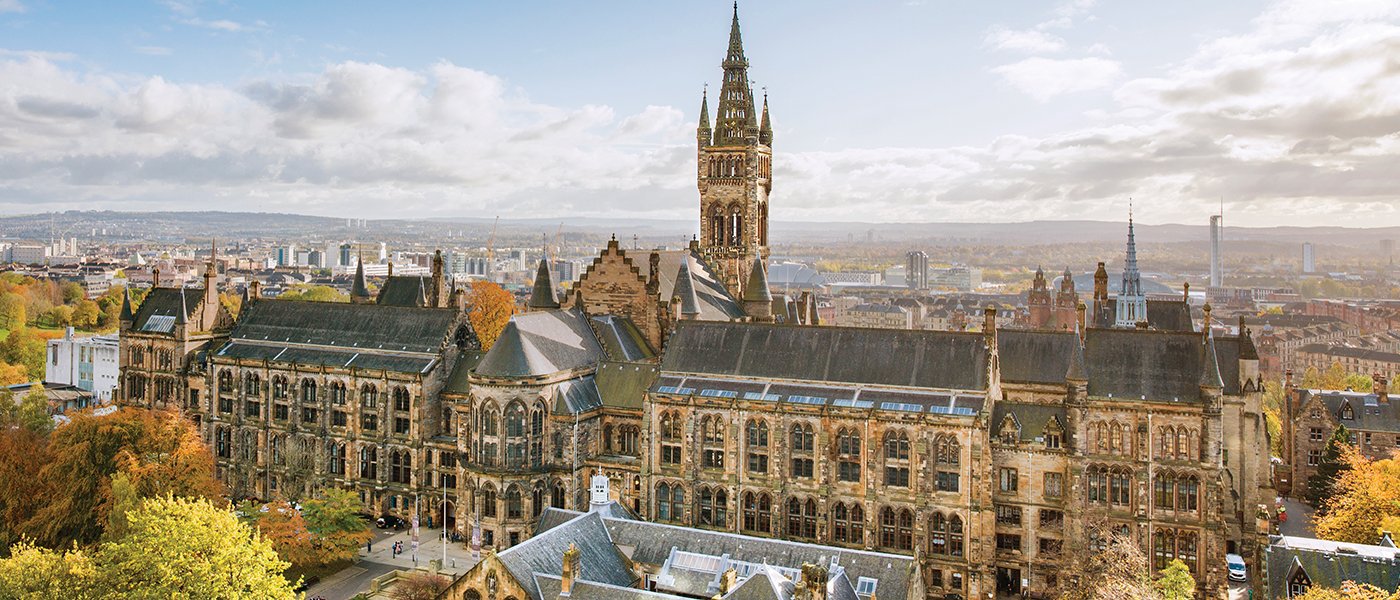The changing external landscape
Our ideas make a difference by advancing knowledge and transforming society for the better.
By combining our ideas with those of others, we can tackle important problems and, crucially, identify new questions. These defining aspects of the academic endeavour – those that make universities such a rewarding place to work and study – remain fundamental to our future. However, beyond these aspects, the context in which we do our research is shifting, placing different expectations on our staff and students, and on universities themselves.
The UK Government’s Research & Development Roadmap and an historic budget commitment in early 2020 set out a desire for the UK to become a global superpower in research and for universities to be an engine for rebalancing the UK’s regional economic inequalities.
This needs new ways of thinking and working – ways that will require us, even more than before, to combine our different skills to tackle pressing problems. There will be a renewed interest in the bold and ambitious ideas that shift the way in which we live. The Scottish Government is challenging universities to be “engines of knowledge and growth”. Major funders too are aligning their future funding to challenge-led programmes that are aimed at addressing industrial and societal needs.
COVID-19, as well as Brexit, bring uncertainty over research funding and will probably lead to new funding modalities. Moreover, the importance of collaborations, national and international, will inevitably grow, requiring new ways of both sustaining and building partnerships.
We will, rightly, be challenged about our commitment to the United Nations Sustainable Development Goals and, more locally, about the added value that our institutions bring to the economy and our community.
Finally, we are answerable not only for the research that we do and the difference that it makes, but also for the way in which we do that research: how we support colleagues in their career ambitions, how we acknowledge the many skills that contribute to a successful environment, and how we instil trust both in the outcomes of our research and in our working culture.
In this evolving landscape, we will succeed if we adapt.
The coronavirus (COVID-19) pandemic revealed both the transformative power of research and the ability of universities to marshal resources at unprecedented pace in response to the virus.
At the University of Glasgow, we leveraged the breadth and critical mass of expertise in infectious disease biology and dynamics, and our collaborative networks across academia, the health service, and industry, to support testing, develop a greater understanding of the virus and its effects and patterns of disease transmission, and understand the health complications and the wider effects of the pandemic on society. Our local partnerships with, for example, the NHS, were critical to the University’s contribution to the pandemic.
The recovery from COVID-19 will rely on us using our networks and ingenuity to drive innovation, international competitiveness, address global problems such as infectious diseases and lead the sector in tackling pre-COVID-19 problems, such as accelerating technological innovation and strengthening the economy.


